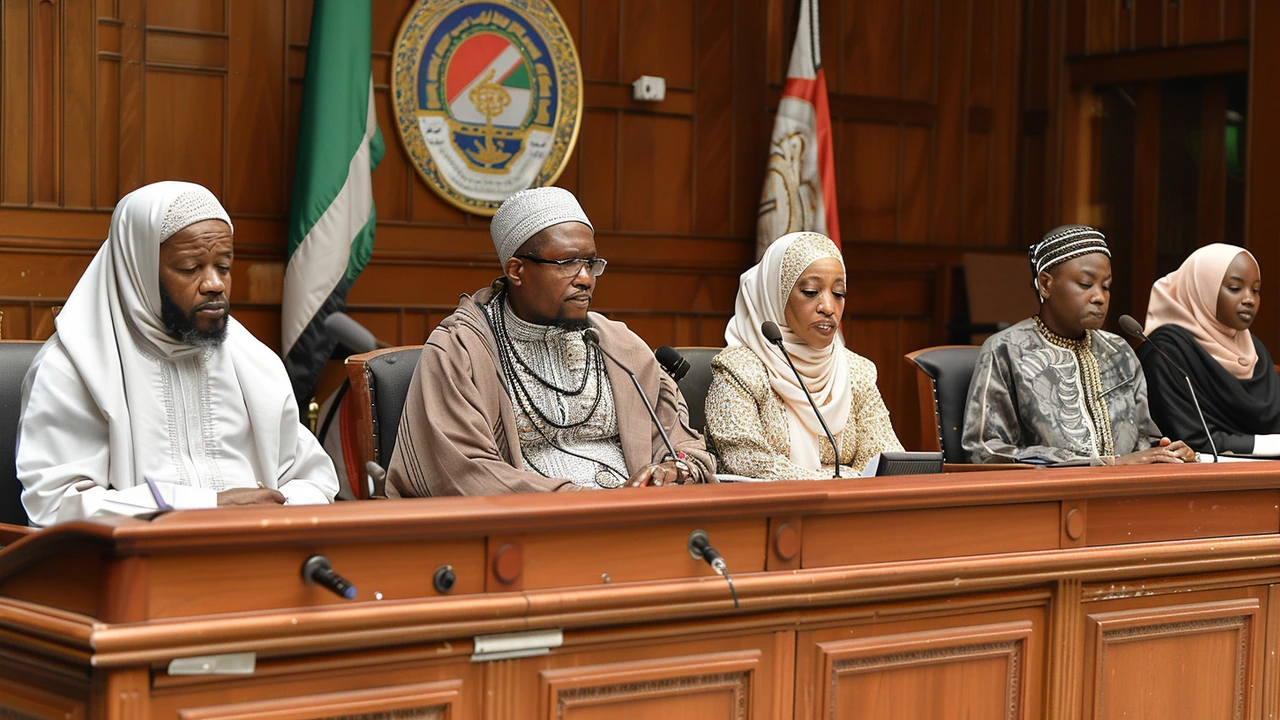Understanding Traditional Kingmakers and Their Influence
Traditional kingmakers hold a unique spot in many South African communities, standing as key figures in choosing leaders like kings or chiefs. But who exactly are these kingmakers, and how do they affect leadership decisions today? If you’re curious about the connection between tradition and modern leadership, this is where the journey starts.
Who Are Traditional Kingmakers?
Simply put, traditional kingmakers are respected elders or group members entrusted by custom to select a king, chief, or traditional leader. They have deep knowledge of history, family lineages, and community values. Their decisions are based on customary laws and often involve consultations and rituals passed down over generations.
Why does this matter? Because in many places, despite political changes and modern governance, traditional leadership remains a powerful force. These kingmakers can influence how leaders are chosen, ensuring that traditions are respected and communities feel connected to their past.
How Do Kingmakers Fit into Today’s World?
In the modern era, traditional kingmakers still play roles but face new challenges. Governments recognize some traditional authorities officially, while others operate more informally. This means kingmakers have to balance age-old customs with today's legal and political frameworks.
Think about it this way: while state elections pick politicians, many communities still turn to kingmakers for choosing tribal leaders who oversee cultural affairs, resolve disputes, and represent community interests. Their influence can affect local governance, heritage preservation, and even social stability.
However, this role isn't without controversy. Some debate the power kingmakers hold, questioning transparency and fairness in the selection process. This leads to ongoing discussions about how to respect tradition while ensuring leaders are accountable and serve their people well.
Understanding kingmakers helps us see how cultural practices continue to shape leadership and community life in South Africa and beyond. They remind us that leadership isn't just about politics but also about honoring identity, traditions, and the ties that bind people together.
Kano’s Emir Selection: A Tradition Under New Legislative Change
Kano’s traditional kingmakers will select a new Emir following the Kano State House of Assembly's repeal of the Kano Emirates Council Law 2020. The legislation, led by Lawan Hussaini Chediyar Yan Gurasa, dissolves the five emirates, including that of Emir Aminu Ado Bayero. Governor Abba Kabir Yusuf will call upon kingmakers to choose the new Emir, reinstating their historical role since 1819.
View more